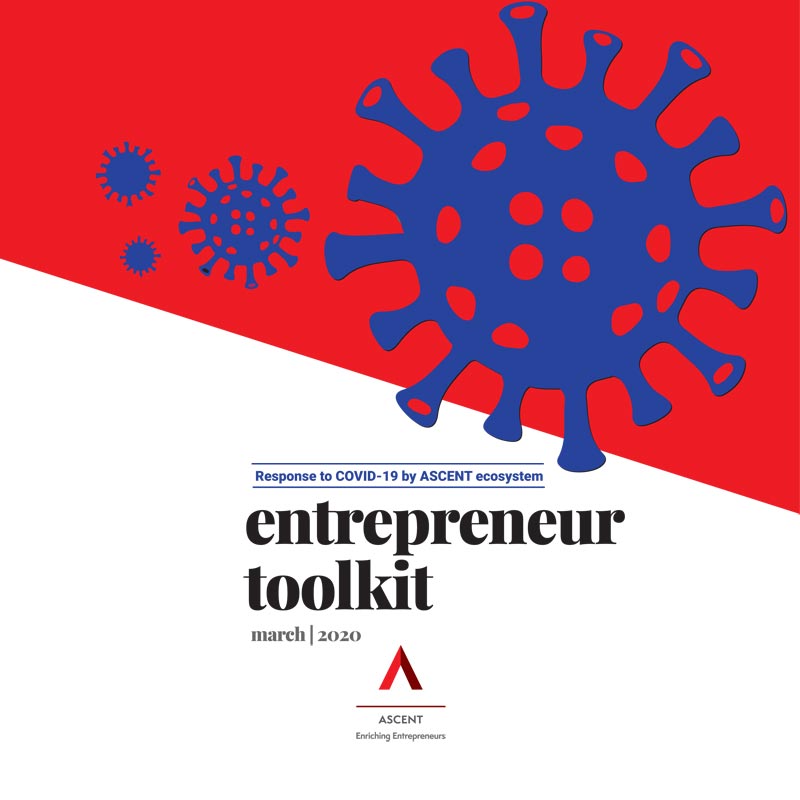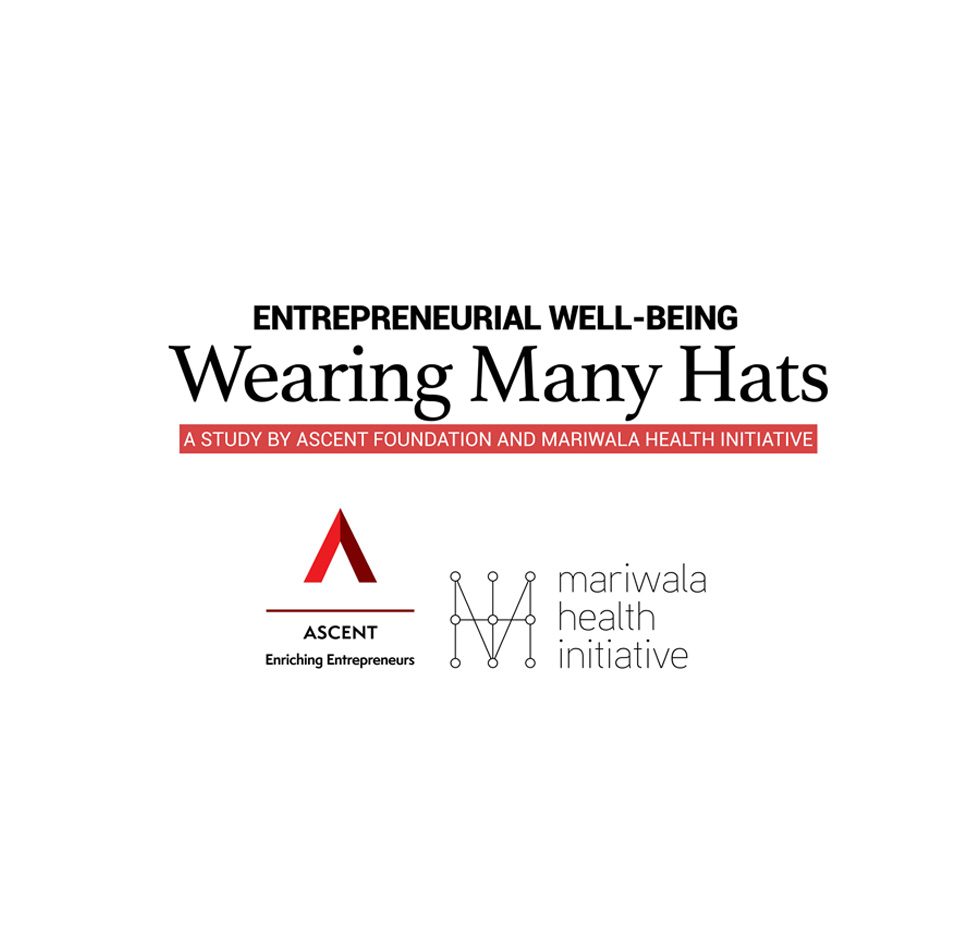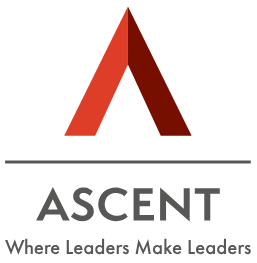Entrepreneur Toolkit - Response to COVID-19 by ASCENT Ecosystem
Entrepreneurs around the globe are innovating business models and people practices to stay relevant during the time of COVID-19 crisis. While some have cracked the code a few are still struggling to find the right balance between business continuity and employee safety. In an effort to support the ASCENT cohort and the larger entrepreneur ecosystem through this challenge, ASCENT conducted a survey among the entrepreneur members, aimed at understanding the challenges and strategies to fight the COVID-19 Pandemic. We are proud to bring to you the survey results sharing best practises of enterprises in the Manufacturing and Service sectors and created an Entrepreneur Toolkit.

A Study on Entrepreneurial Well-being
Mental health and well-being is a critical challenge that has come under the spotlight with a number of organisations realising its value. The question of prime importance today is about the pressure building on the leaders of organisations. The ASCENT and Mariwala Health Initiative Study on Entrepreneurial Well-being is a clear indication that entrepreneurs need specific, relevant and flexible mental well-being support. We are excited to have released the study at the ASCENT Conclave which had more than 600 entrepreneurs witness the start of this much required conversation around mental health and well-being. ~ Harsh Mariwala, Founder, ASCENT Foundation
Key Findings from the Study
- The top three stress points for entrepreneurs are managing and monitoring finances, workforce management and persistent fear of failure
- At least half of the respondents said that they experienced anxiety, confusion, irritability and frustration
- Entrepreneurs are more likely to use personal coping strategies (walking, running, unplugging) or join entrepreneurial peer groups such as ASCENT to manage their stress and maintain their mental health rather than to access professional help
The biggest challenges faced by Entrepreneurs while scaling-up
- Limited confidence in delegating authority
- Inability to attract and retain talent
- Capital constraints
- Insufficient governance and controls



